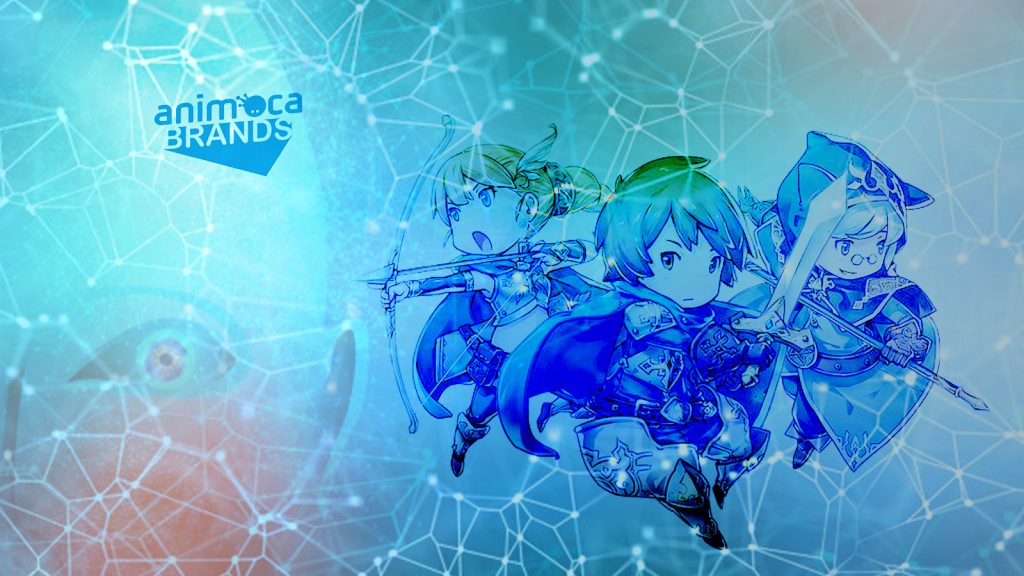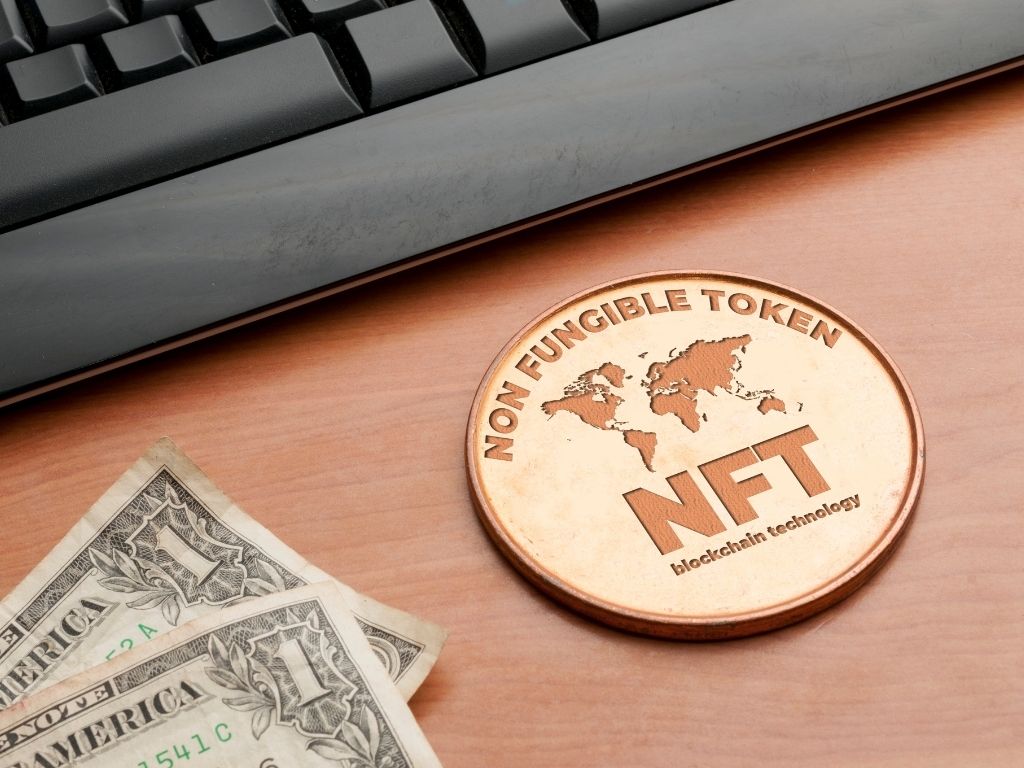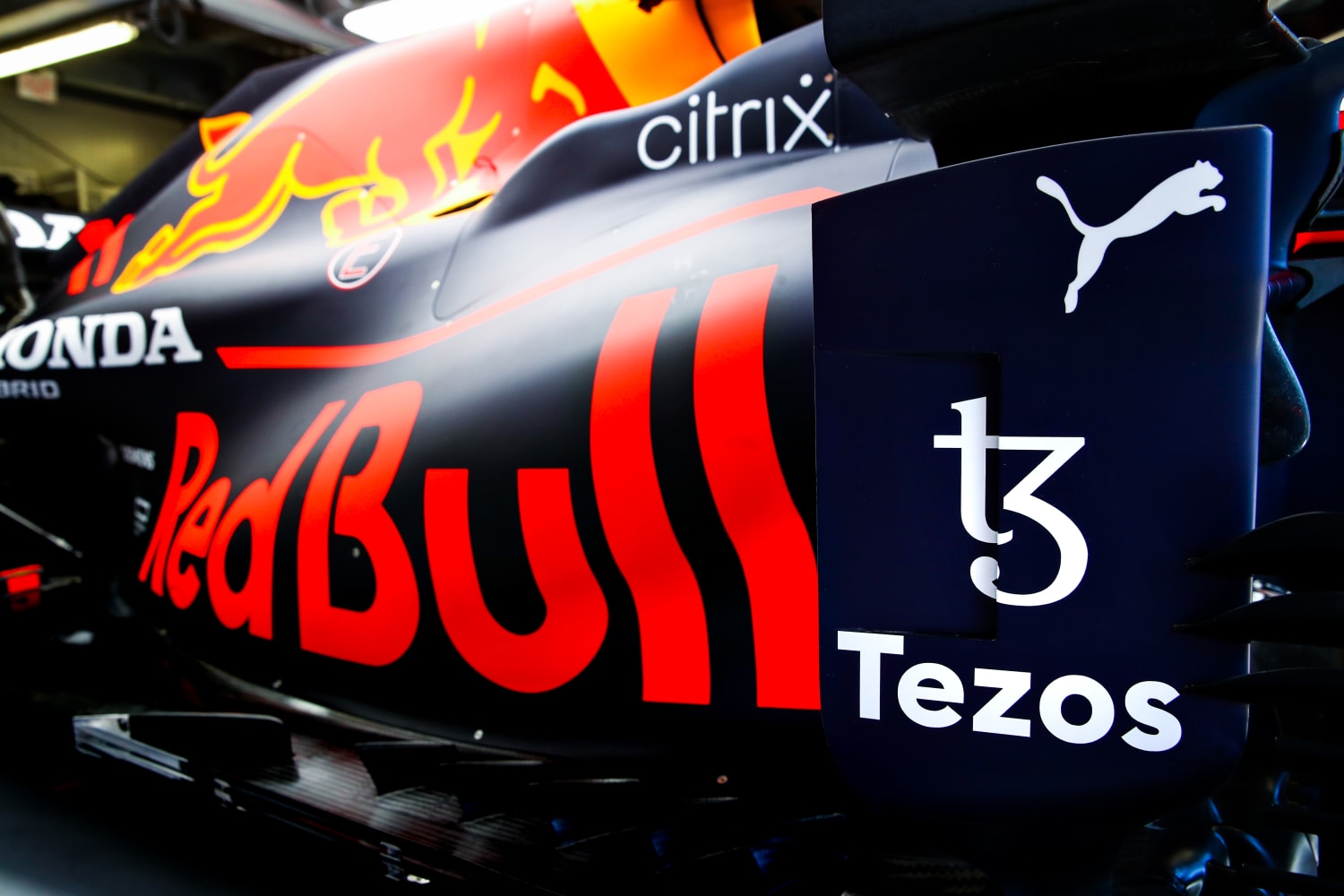Top 6 Ways Brands Are Making Use Of NFTs
The infamous Non-Fungible Tokens (NFTs) are a fact that cannot be disregarded any longer, and it appears that leading companies increasingly realize this.
The truth is that this technology is advancing rapidly, even though some people are still struggling to grasp the notion (if you don’t fully understand what an NFT is, don’t feel like an alien: polls reveal that one in four Americans also doesn’t). And some brands are using it to implement innovative tactics, producing outcomes for themselves that are equally spectacular.
Adidas, Dolce & Gabbana, Coachella, Super Bowl, Adidas, and MAC are just a few of the numerous examples of brands and companies that deliberately used NFTs to increase campaign outcomes and give customers a distinctive and diverse experience.
In 2021, the fashion industry discovered NFTs. Within months, the craze took off, with brands big and small rushing into the exciting world of cryptocurrencies, metaverses, web3 and NFTs. But 2022 was a reality check for brands using NFTs. https://t.co/ier8NPgz7l
— Glossy (@glossyco) December 27, 2022
More of these instances will be covered in this article, along with information on how brands have used NFTs, the outcomes they have seen, and lessons you can apply to your own business whether or not you choose to use this new technology.
Also read: 7 Ways NFTs are changing lives around the world
How are brands making use of NFTs once more?
Non-Fungible Tokens, or NFTs, are distinct, one-of-a-kind, and irreplaceable codes registered by the blockchain system, which powers cryptocurrencies like Bitcoin and Ethereum. I strongly advise reading this post to learn more about the subject. Let’s now investigate how brands have included NFT in their plans!
The NFT Blooming Flower Festival with the Coachella Music & Arts Festival
You might have noticed that the Coachella Valley Music and Arts Festival gained a lot of attention in April if you love great music festivals as much as I do. This festival is renowned for its lengthy duration, which includes two full weekends and a variety of international performances.
In addition to the fantastic attractions and special guest artists this year, one particular attraction captured the interest of the audience: the NFTs. All paying attendees received an NFT digital image of a flower that opened on the two festival Fridays.
Coachella 2022 also introduced additional technologies, such as cashless payment and the metaverse, to blend real-world experiences with virtual marketing. It served as a prime illustration of the value of interaction marketing in the post-pandemic period.
NFTs As event tickets
NFTs, which are different, exclusive, and irreplaceable codes, have advantages for the entertainment business today, including concerts, movies, and sports, as shown in the previous example.
Brands can benefit by creating a collector object for fans, like a ticket, as one benefit. The collectibles business generates billions of dollars annually and piques people’s interest worldwide with items ranging from matchboxes to high-end automobiles. Some businesses decided to bring the love of physical item collectors to the world of NFTs after realizing how captivated their clients were by collectibles from their brands.
To provide their customers with the feeling of collecting tickets, several businesses have already chosen to sell their tickets in an entirely digital version. This is the situation with the NFL franchise, which made the decision to turn the tickets to its biggest annual event, the Super Bowl, into collectible NFTs.
NFL cited
Recently, the Brazilian soccer team Vasco da Gama partnered with Block4, a business in Brazil that specializes in producing NFT souvenirs, to offer NFT tickets to the team’s followers.
The AMC theatre chain gave away 86,000 NFTs to moviegoers who bought tickets to see Spider-Man: No Way Home in the realm of entertainment. NFTs were created, guaranteeing lifetime access to the Coachella music festival. This was only possible because of blockchain technology.
Brands and customers gain security against selling counterfeit goods by using NFT and blockchain technology for tickets. Using blockchain, a special code is issued on each ticket that can be quickly confirmed by the event’s organizers and even made into a locked, non-transferable code for resale. This establishes the ticket’s validity and confirms that it is being sold by an authorized organizer, avoiding ticket fraud and ensuring ticket tracking.
NFTs as electronic goods
Businesses in the fashion sector are capitalizing on the NFT craze. A virtual platform called Decentraland held its first fashion show there in March last year, ushering in a fully virtual and immersive Fashion Week. At fashion week, companies including Paco Rabanne, Dolce & Gabbana, Tommy Hilfiger, and Forever 21 walked the catwalk. The platform encouraged fan interaction and set new standards for fashion displays and public relations strategies. The event offered not only the chance to participate in a fashion show but also NFTs of apparel and accessories made by the firms featured in the events.
NFTs as a monopoly
Some businesses have employed NFTs to offer distinctive experiences to their clients. In this instance, the Robert Mondavi vineyard in California decided to introduce the first wine label ever marketed by NFT globally. Only 1996 bottles may be tracked using blockchain technology and are collectible. Each NFT of wine costs $3,500 retail and comes with a key to redeem a bottle. That would represent potential earnings of $6.9 million. Good, huh?
Using NFTs to raise money
Some companies are renowned for their social responsibility efforts. They now have more options to alter how they collect money for the social causes they support. This is thanks to NFTs. For instance, MAC Cosmetics will sell collector NFTs to raise money for charities that aid in the battle against HIV/AIDS.
Through NFTs, nonprofits and companies are given new opportunities. The United Nations Children’s Fund (Unicef) initiated the sale of 1,000 NFTs to earn money to provide internet connectivity for students in schools all around the world. The initiation of NFTs to raise money for Haiti earthquake victims was announced by Hope for Haiti and FXG.
What effects are NFTs having on brands?
Whether hyped up or not, NFTs have been trading in large numbers since 2021, when $25 billion in transactions broke the previous record. Brands that are paying attention are capitalizing on the NFT craze. For instance, Adidas sold almost 43 million dollars worth of NFTs in collaboration with Bored Ape Yacht Club, Punks Comics, and GMoney.
Along with financial rewards, marketers have built strong relationships with their customers through exclusive experiences, community building, and easier access to younger audiences that are more tech-savvy. Breaking down barriers between the real and digital worlds has allowed businesses to join areas they could never have imagined, including the gaming and entertainment industry, and even get the awareness of social impact initiatives.
You should start with your branding and digital marketing plan if you want to invest in NFTs for your company. Define precisely what you hope to achieve with this new approach. Do you want to expand the audience you reach? Bolster the sense of community? Fan interaction with your brand? Activist for social causes?
Understanding whether or not your audience is interested in this new trend is another crucial element to emphasize. Only then will you be able to impress your audience and raise brand awareness. Keep in mind that strategy comes first, then tactics.
Stay informed with daily updates from Blockchain Magazine on Google News. Click here to follow us and mark as favorite: [Blockchain Magazine on Google News].
Get Blockchain Insights In Inbox
Stay ahead of the curve with expert analysis and market updates.
latest from tech
Disclaimer: Any post shared by a third-party agency are sponsored and Blockchain Magazine has no views on any such posts. The views and opinions expressed in this post are those of the clients and do not necessarily reflect the official policy or position of Blockchain Magazine. The information provided in this post is for informational purposes only and should not be considered as financial, investment, or professional advice. Blockchain Magazine does not endorse or promote any specific products, services, or companies mentioned in this posts. Readers are encouraged to conduct their own research and consult with a qualified professional before making any financial decisions. The featured image used is just a creative depiction of the title and it does not intend to hurt sentiments of any person or institution. If it hurts anyone sentiments, please do not hesitate to reach out to Blockchain Magazine.

 Bitcoin
Bitcoin  Ethereum
Ethereum  XRP
XRP  Tether
Tether  Solana
Solana  Dogecoin
Dogecoin  USDC
USDC  Cardano
Cardano  Lido Staked Ether
Lido Staked Ether  TRON
TRON  Chainlink
Chainlink  Avalanche
Avalanche  Wrapped stETH
Wrapped stETH  Wrapped Bitcoin
Wrapped Bitcoin  Sui
Sui  Toncoin
Toncoin  Stellar
Stellar  Hedera
Hedera  Shiba Inu
Shiba Inu  WETH
WETH  Polkadot
Polkadot  LEO Token
LEO Token  Litecoin
Litecoin  Bitcoin Cash
Bitcoin Cash  Bitget Token
Bitget Token  Uniswap
Uniswap  Hyperliquid
Hyperliquid  Official Trump
Official Trump  USDS
USDS  Wrapped eETH
Wrapped eETH  Pepe
Pepe  NEAR Protocol
NEAR Protocol  Ethena USDe
Ethena USDe  Aave
Aave  Aptos
Aptos  Internet Computer
Internet Computer  Monero
Monero  Ethereum Classic
Ethereum Classic  WhiteBIT Coin
WhiteBIT Coin  Ondo
Ondo  Cronos
Cronos  POL (ex-MATIC)
POL (ex-MATIC)  Mantle
Mantle  Render
Render  Dai
Dai  MANTRA
MANTRA  Algorand
Algorand 




